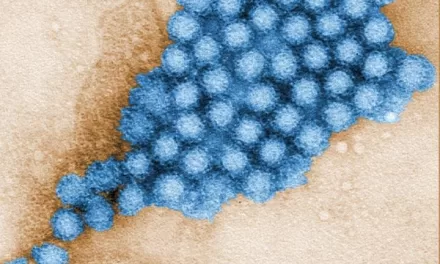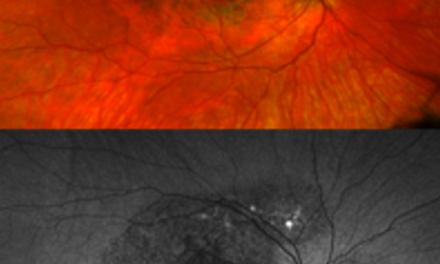
According to a study conducted by researchers at the University of Virginia School of Medicine, yogurt doesn’t just benefit your gut; it might also elevate your mood. The study delves into how Lactobacillus, a bacterium found in fermented foods and yogurt, aids in stress management and could potentially prevent depression and anxiety.
Published in the journal Brain, Behavior, and Immunity, this study opens avenues for novel therapies aimed at addressing mental health conditions like anxiety and depression. The research uniquely identifies the role of Lactobacillus, distinguishing it from the multitude of other microorganisms present in and on our bodies, as highlighted by researcher Alban Gaultier from the university.
Gaultier explains that their findings shed light on how gut-residing Lactobacillus impacts mood disorders by fine-tuning the immune system. He believes this discovery could pave the way for much-needed treatments targeting anxiety and depression.
The team adopted an innovative approach, focusing specifically on Lactobacilli. Previous studies from Gaultier’s lab hinted at these bacteria’s ability to reverse depression in laboratory mice, offering substantial promise. However, understanding the mechanisms behind this phenomenon remained a challenge.
Using a collection of bacteria known as “Altered Schaedler Flora,” which includes two strains of Lactobacillus and six other bacterial strains, the researchers circumvented the need for antibiotics and were able to create mice with and without Lactobacillus.
Their findings elucidate precisely how Lactobacilli influence behavior and how the absence of these bacteria can exacerbate depression and anxiety. Specifically, Lactobacilli within the Lactobaccillacea family regulate levels of an immune mediator called interferon gamma, which in turn regulates the body’s response to stress and aids in fending off depression.
These results provide new avenues for enhancing the development of probiotics, potentially accelerating the discovery of innovative therapies, as pointed out by researcher Andrea R. Merchak. Furthermore, the research suggests the exploration of maintaining a healthy level of Lactobacillus and/or interferon gamma as a potential strategy for preventing and treating anxiety and depression.










